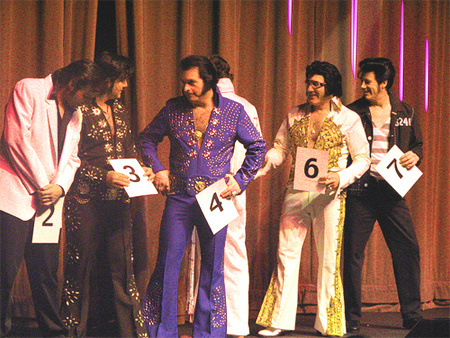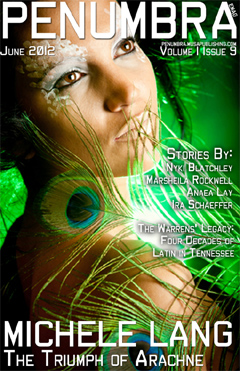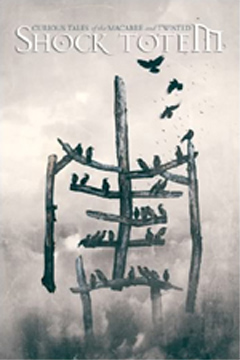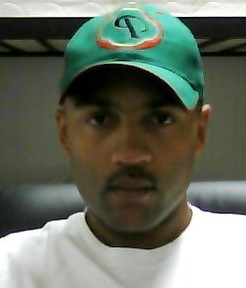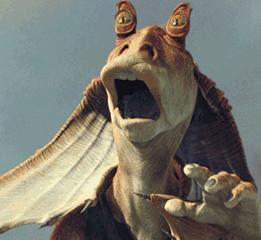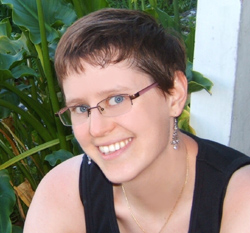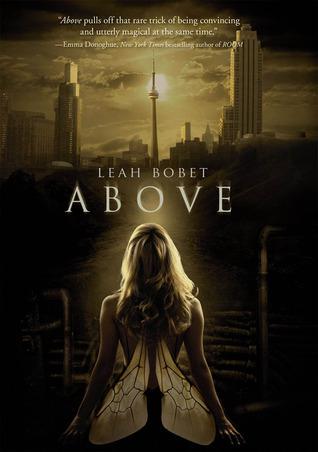The original version of this article first appeared in my column “Brain Hacks for Writers” over at the online publication Futurismic. I’m editing and republishing each of my BHfW columns here over time.
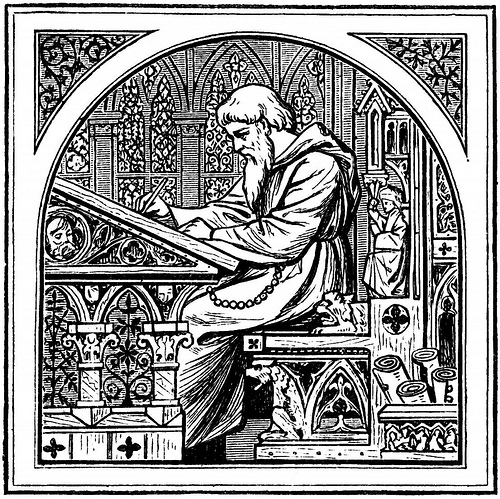
My life is fairly crammed, and writing time is hard to come by. Today I got one of those precious blocks of time in which I could write for several hours almost without interruption, yet as I fired up the computer, I felt not excited about the prospect, but worried and on edge. I also felt a little unsure: I had several projects I could be working on and was waffling on which one to choose.
Looking before leaping
I could have just plunged in and begun working on whatever seemed easiest, most obvious, or most attractive, and if I got deeply enough into the writing that I achieved flow, that might have gone well. On the other hand, I might have made a bad choice out of inattention, and it’s possible that even if I’d made a good random choice, my concern that I might be working on the wrong thing or my general unexplored discomfort might have seriously interfered with my ability to focus. Under those conditions, I might be especially unlikely to enjoy the work, which is a problem, because while common sense suggests that it doesn’t matter to productivity whether you enjoy the writing or not as you do it, in truth not enjoying what we’re doing tends to make us quit sooner, latch onto distractions more easily, feel less positive about what we’re achieving, and avoid coming back to do more. Liking the process of writing is a good way to write more and to be more invested in our work.
Schema journaling
So instead of starting by writing, I started by writing down my thoughts about writing. One of my current projects is a layperson’s book on mental schemas. Mental schemas (the habitual patterns called “early maladaptive schemas,” if we want to be more technical) are persistent ways of thinking that tend to interfere with living a happy and productive life, explored in detail in a branch of psychology called Schema Therapy. To provide a framework for making use of these ideas in my book, I’ve been experimenting with something I call a Schema Journal, where daily entries are an opportunity to find focus, work through confusing situations, reflect on progress and obstacles, and find answers to difficult questions. This same approach can be used without keeping a journal to sort out any situation that seems to be interfering with writing, whether it’s intellectual (like choosing which of two projects to pursue), emotional (like feeling worried that a project isn’t going well), or organizational (like having trouble finding time to write).
Schema journaling tools
Just writing freely about problems is a good approach, but it can be especially effective to write to a specific purpose. Here are some of the available tools or purposes writing about writing can have:
- Feedback loop: Reflection on how behaviors and choices are affecting a situation so far, identifying improvements, and coming up with specific plans to use those improvements at the next opportunity.
- Exploration: Thinking in detail about an opportunity or problem to come up with more specific questions or goals.
- Decision: Making a choice. This is the kind of entry I used today, starting with the question “Which of my writing projects should I work on at the moment?” This came after realizing that what was holding me back from feeling enthusiastic about writing was that I was conflicted about which project to work on. If I hadn’t been sure what the problem was, an “Exploration” entry would have been the thing to do first. That would have led me to the question I could use for my Decision entry.
- Assignment: Choosing a task that is usually avoided and setting a specific time frame for getting it done. This shouldn’t be a big project, but rather a specific thing you can accomplish, preferably in one attempt. Ideally this is something you can repeat, for instance “Choose a short story that needs a small amount of editing, edit it, and send it out.” The writing to do about the task is whatever is needed to create enthusiasm and get focused.
- Envision: Visualize a future situation that helps motivate you. The situation should be plausible, but doesn’t have to be something that’s immediately realistic. Getting used to the idea that things could go well and allowing ourselves to feel some of the emotions we experience when things do go well can help create a more positive and focused mood for writing.
There are additional kinds of entries in an actual Schema Journal that are more involved and have longer-term intentions, but the five specific tools above offer ways to get past the emotions, complications, and mental obstacles that prevent writing from getting done, or sometimes that simply get in the way of enjoying the process.


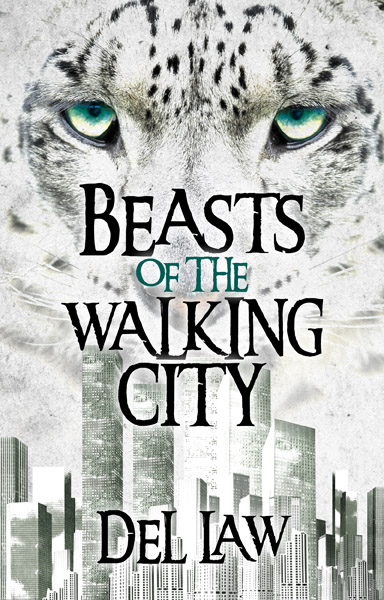

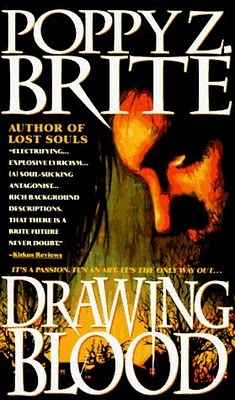 LUC: In our first round of questions, you mentioned Poppy Z. Brite’s book Drawing Blood, saying “Besides all the vampire sex and killing, what I took from that was that gay people are just people with relationships and problems and to do lists and lives to run and stories,” and you went on to describe how that has affected how you see and understand many kinds of people in the world. Are you consciously trying to create “aha” moments like this for your own readers? Are your goals for inclusivity in your writing explicit and specific?
LUC: In our first round of questions, you mentioned Poppy Z. Brite’s book Drawing Blood, saying “Besides all the vampire sex and killing, what I took from that was that gay people are just people with relationships and problems and to do lists and lives to run and stories,” and you went on to describe how that has affected how you see and understand many kinds of people in the world. Are you consciously trying to create “aha” moments like this for your own readers? Are your goals for inclusivity in your writing explicit and specific?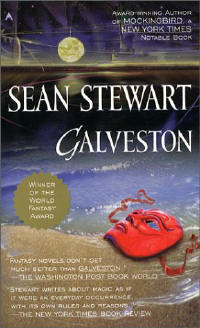 LEAH: Actually, this might appear to come a bit out of left field? But: Anything by Sean Stewart. Specifically Galveston, or Nobody’s Son.
LEAH: Actually, this might appear to come a bit out of left field? But: Anything by Sean Stewart. Specifically Galveston, or Nobody’s Son.
